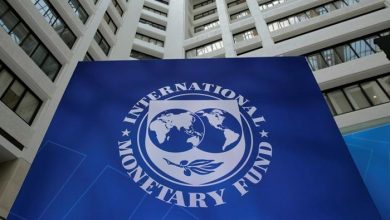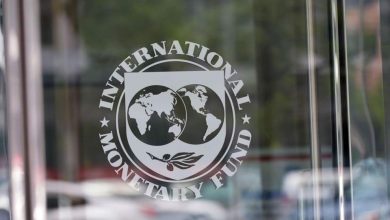Boosting the flow of remittances can help in reviving the economy

Migrants remit money to their families and friends who do not live with them. For many developing countries the volume of remittances is fairly large and facilitates the mobility of finance.
In 2010, the officially recorded remittances to developing countries reached $334 billion as per World Bank figures. The amount of money remitted by migrants from Sub-Saharan Africa has grown tenfold in two decades – from $ 4.8 billion in the year 2000 to $ 48 billion in 2018. This is due to the steady increase in the number of people who have moved out of their native places for livelihood – from 21.6 million in the year 2000 to 36.3 million in 2017. The economies of smaller and poorer countries are more dependent on remittances which facilitate the flow of foreign funds for several countries. According to World Bank, if remittances made through informal channels are recorded, total remittances could be as much as 50% higher than the official record.
The COVID-19 pandemic has reduced domestic remittances in Africa. The urban economy almost came to a standstill. The pandemic has negatively impacted internal remittances and has caused a severe blow to the capacity of migrants remitting money, especially to rural areas. The pandemic has dampened the flow of migrants due to the widespread fear of infection, travel restrictions, and weak job prospects. In many host countries, the employment level of foreign workers has fallen compared to that of local workers. The number of foreign workers has diminished considerably due to job loss and many of them are returning to their countries.
The decline in remittances is worrisome for Africa and it calls for efforts from the government to keep remittances flowing into Africa. Furthermore, the fees paid to remittance service providers to send money to Africa are very high and the cost involved in international remittances within Africa is also very large.
Digital remittance channels which have gained popularity during these tough times also charge a very high fee. Hence policymakers must ensure that remittance service providers do not face difficulties in partnering with banks. Smoothening the access of money transfer operators to post offices, national banks and telecommunication companies could help remove the entry barriers and induce competitiveness among such operators. Remittance channels can also be used to mobilize diaspora investments through diaspora bonds and bond financing through securitization of the flow of remittances. The global community should consider creating a non-profit remittance platform to provide a one-stop solution for the flow of remittances especially for the benefit of the poor.
Source: Goldstreet Business




